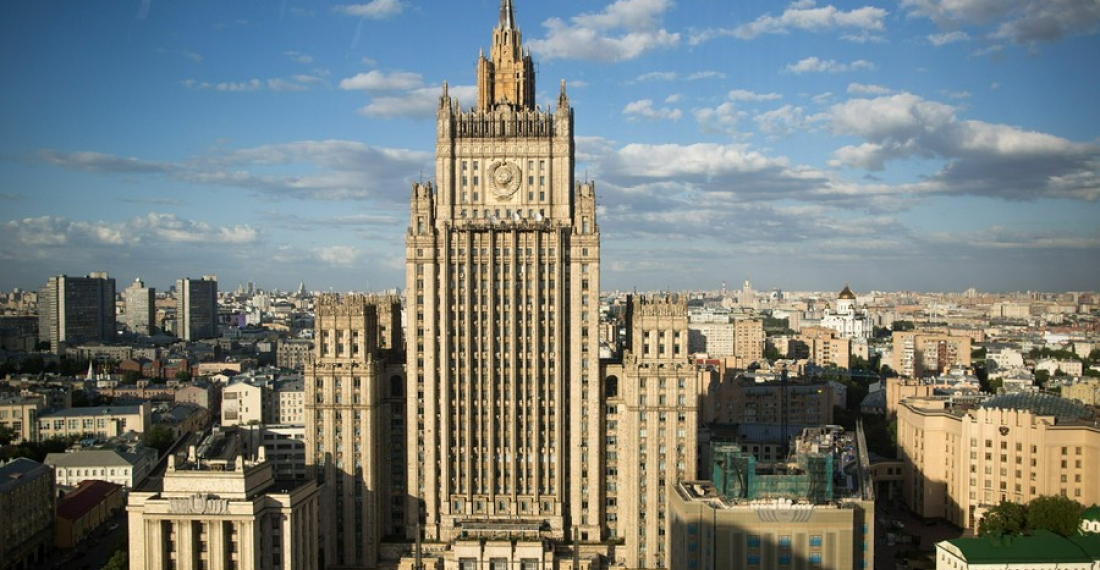The Charge d'affaires of the Netherlands in Moscow was summoned to the Russian foreign ministry on Monday (18 January) to be told that two Dutch diplomats were being expelled from the country.
The move follows an earlier decision by the Dutch government to declare two Russian diplomats in The Hague as persona non grata for activities incompatible with their diplomatic status.
A statement by the Russian foreign ministry described the December expulsions as "unfriendly and provocative step" .
The Dutch diplomats will have to leave the territory of the Russian Federation within two weeks.






